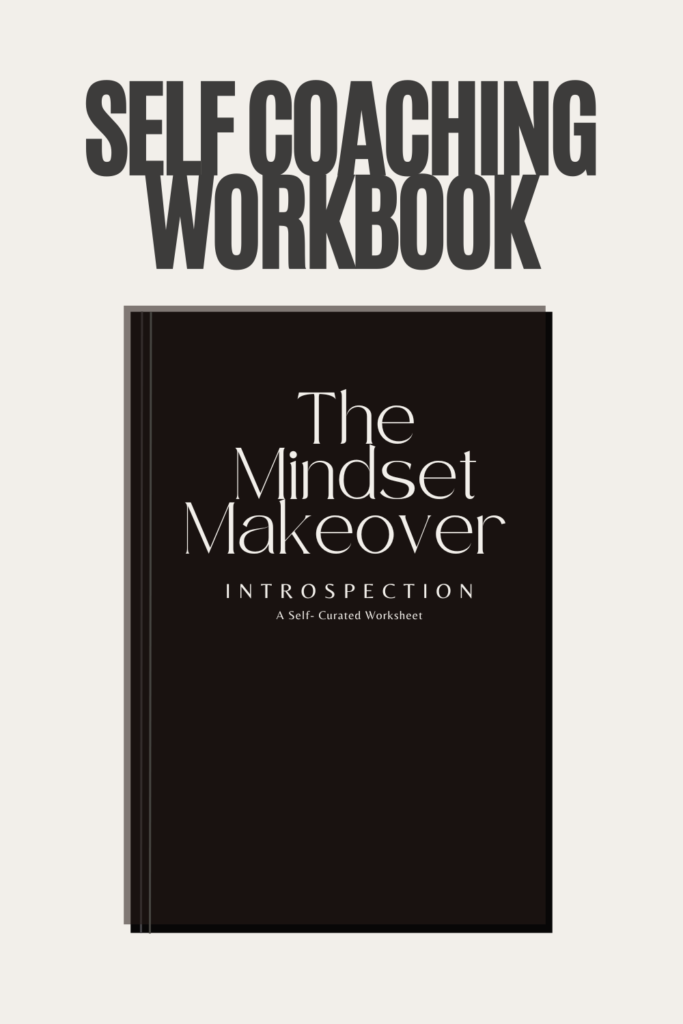Have you ever felt entangled in a relationship that swings between ecstasy and agony? In the intricate dance of relationships, the toxic love trap emerges as a formidable adversary, impacting individuals on a profound level.
This post delves into the intricacies of toxic relationships, unraveling the complexities and emphasizing the crucial need to recognize and address them for personal growth and overall well-being.
Why Do Some People Crave Toxic Love?
The craving for toxic love often stems from complex psychological and emotional factors.
Some individuals may have experienced early life trauma or lack positive relationship role models, shaping a distorted view of love. Related Post: 10 Reasons Why Love Is A Mirror Of Our True Selves
The allure of toxic dynamics, despite their destructive nature, can provide a sense of familiarity or excitement.
Additionally, low self-esteem may lead individuals to accept harmful behaviors, believing it’s what they deserve.
Understanding and breaking the cycle of craving toxic love requires introspection, self-awareness, and a commitment to cultivating healthier relationship patterns.
How to Recognize the Signs of Entrapment
Have you unknowingly found yourself ensnared in the intricate web of a Toxic Love? Take a moment to reflect on your relationships.
Are you consistently questioning your worth, grappling with emotional depletion, or caught in the tumultuous whirlwind of emotions?
Recognizing these subtle signs is paramount, serving as a crucial first step to prevent further harm and embark on a journey towards emotional liberation.
Common Signs of a Toxic Love Affair
- Manipulative Behavior: Constant guilt-tripping or emotional manipulation.
- Lack of Trust: Doubting your partner or being constantly doubted.
- Isolation: Feeling cut off from friends and family due to the relationship.
- Constant Drama: High levels of conflict without resolution.
- Emotional Rollercoaster: Extreme highs followed by devastating lows.
Breaking Free from Emotional Chains
Escaping Toxic relationships demands courage and strategic action. Here are actionable steps to confront and dismantle the emotional shackles binding you
Related Post: Can A Good Person With Bad Habits Change Their Life?
Confrontation Strategies
- Self-Reflection: Identify patterns and understand your emotional triggers.
- Establish Boundaries: Communicate and uphold your limits.
- Seek Support: Share your experiences with trusted friends or a therapist.
- Cultivate Independence: Reconnect with activities that bring you joy outside the relationship.
- Communication is Key: Foster open and honest dialogue with your partner.
Related Post:
- The 24 Change Challenge: 365 Days To A New And Improved You
- Why Boundaries Solve Your Time Management Dilemma
A Roadmap to Emotional Liberation
Having recognized and confronted the Toxic Love Trap, the next step is overcoming it. While this journey is personal, here are general guidelines to lead you toward emotional liberation.
Overcoming Strategies
- Self-Love and Care: Prioritize your mental and emotional well-being.
- Learn from the Experience: Extract lessons and growth from the challenging relationship.
- Embrace Change: Be open to new, healthier relationships.
- Celebrate Progress: Acknowledge your efforts and milestones on the road to recovery.
- Forgive, Don’t Forget: Release resentment to free yourself from emotional baggage.
Related Post:
- The Self Love Blueprint: 18 Reasons To Put Yourself First
- 30-Day Self Love: The Challenge To Transform Your Life
- How To Change Your Life In 365 Days
the bottom line is.
Toxic love may be powerful, but with awareness and actionable steps, you can reclaim your emotional freedom.
Recognize the signs, confront the trap head-on, and embrace the path to overcoming it. Your journey to emotional liberation starts now.
Your emotional well-being is paramount. Seize the opportunity to thrive in relationships that nurture and uplift.
Frequently Asked Questions:
FAQ 1: How can I differentiate between a normal relationship challenge and a toxic one?
In a healthy relationship, challenges are opportunities for growth and understanding. In a toxic relationship, challenges become persistent, destructive patterns. If you feel consistently drained, manipulated, or isolated, it may be a toxic dynamic.
FAQ 2: Is it possible to salvage a toxic relationship?
In some cases, with dedicated effort from both parties and professional intervention, toxic relationships can be transformed. However, it’s crucial to prioritize your well-being and, if needed, seek support from therapists or counselors.
FAQ 3: How do I rebuild trust after leaving a toxic relationship?
Rebuilding trust is a gradual process. Focus on self-healing, set clear boundaries, and surround yourself with a support system. Professional guidance can be immensely helpful in navigating this delicate journey.
FAQ 4: Can a toxic person change for someone they love?
While change is possible, it largely depends on the toxic person’s willingness to introspect, seek professional help, and commit to personal growth.
However, it’s crucial to prioritize one’s well-being and recognize that change may not always occur, even with the best intentions.
Seeking support and setting boundaries are essential steps in navigating relationships with individuals exhibiting toxic traits.















10 comments
Hari
Toxic love is sooo dangerous for the self esteem of a person. A truly comprehensive guide on getting out of this harmful relationship!
LaniAuthor
Hi Hari,
I’m glad you found the guide comprehensive, and I completely agree – toxic love can have a significant impact on self-esteem. Taking steps to get out of such relationships is a courageous and important choice for personal well-being.
Ann
Dealing with a toxic love trap is tough – it’s a real rollercoaster of highs and lows. Recognizing it is the first step to better emotional health. Good article!
LaniAuthor
I appreciate your insight, and I’m glad you found the article helpful. Recognizing and acknowledging a toxic love trap is indeed a crucial first step toward better emotional health. If you have any further thoughts to share or if there’s anything specific you’d like to discuss, feel free to let me know. Wishing you strength and well-being on your journey!
Fransic verso
rebuilding the trust takes a lot of time. This is a great post and informative. It’s not easy to change someone. But seeking helping is going to help.
LaniAuthor
I’m glad you found the post informative, and you’re absolutely right—rebuilding trust can be a challenging process that takes time. Seeking help, whether it’s through communication or professional support, can indeed make a significant difference. Best wishes on your journey to strengthening relationships!
Dora
This is such a heartbreaking but important topic. Thank you for providing digestible advice. There’s a lot in here I’ve never even considered like low self-esteem leading to a person wanting toxic relationships.
LaniAuthor
You’re welcome Dora, and I appreciate your recognition of the importance of the topic. It’s true that low self-esteem can be a factor in seeking or tolerating toxic relationships. Understanding these dynamics is a crucial step toward fostering healthier connections. Wishing you insight and empowerment on your journey!
Nelly
This is a very detailed post, and very helpful for toxic love. I can recognize some of the symptoms, and it’s great to know there are tactics to heal. It’s indeed devastating for confidence and we should be careful who we connect with.
LaniAuthor
Hi Nelly,
I’m glad you found the post detailed and helpful in recognizing the symptoms of toxic love. It’s true that being mindful of our connections and taking steps to heal from toxic relationships are crucial for our well-being. If you ever want to discuss more or if there’s anything specific you’d like to share, feel free to let me know. Wishing you strength and positive connections moving forward!